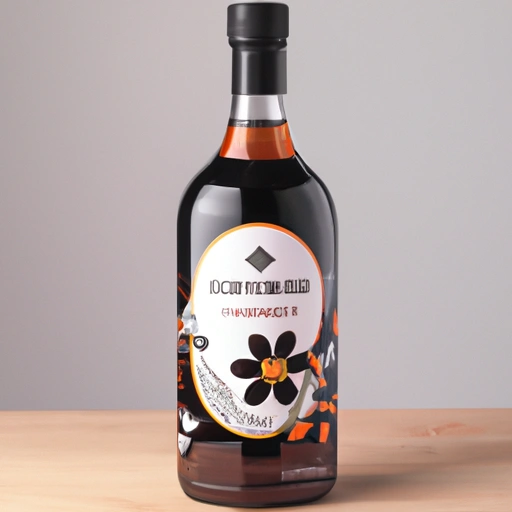Sweet Vermouth
Description

Sweet vermouth is an aromatized, fortified wine that is flavored with a variety of botanicals such as roots, bark, flowers, seeds, herbs, and spices. It is sweeter than its dry counterpart and often exudes a subtle bitterness balanced by its sugary profile. Sweet vermouth typically contains a higher sugar content, ranging from 10 to 15 percent. It has a rich, complex flavor profile that can add depth to both beverages and dishes. In the culinary world, sweet vermouth is appreciated for its versatility and ability to add a nuanced flavor to a multitude of recipes.
Common uses
Sweet vermouth is commonly used as a key ingredient in classic cocktails such as the Manhattan, Negroni, and Martini. It is also enjoyed on its own as an aperitif or with a splash of soda. In cooking, sweet vermouth can be used as a flavor enhancer in sauces, marinades, and dressings.
Nutritional value
Calories
Sweet vermouth contains approximately 45 calories per fluid ounce (30 ml/1 oz).
Protein
It has negligible amounts of protein.
Fat
Sweet vermouth contains no fat.
Carbohydrates
It has about 4 grams of carbohydrates per fluid ounce (30 ml/1 oz), primarily from sugars.
Vitamins
While not a significant source of vitamins, it may contain trace amounts of certain B vitamins from the botanicals used.
Minerals
Mineral content in sweet vermouth is typically low, but it may offer trace amounts of minerals such as sodium or potassium, depending on the formulation.
Health benefits
The botanicals in sweet vermouth can contribute to digestive health, and its moderate consumption may have a positive effect on heart health due to the presence of antioxidants from the wine base. However, the health benefits should be considered in the context of its alcohol and sugar content.
Potential risks
As with any alcoholic beverage, excessive consumption of sweet vermouth can lead to health issues, including liver damage and an increased risk of certain diseases. Its sugar content may also be a concern for individuals managing blood sugar levels.
Common recipes
Sweet vermouth is used in various recipes, from the aforementioned cocktails to glazes for meats and as a deglazing liquid for making rich sauces.
Cooking methods
While typically not subjected to high-heat cooking methods, sweet vermouth can be gently simmered or reduced to concentrate its flavors in a dish.
Pairing with other ingredients
Sweet vermouth pairs well with citrus flavors, dark spirits, and strong cheeses. In cooking, it complements dishes with beef, duck, or mushrooms.
Summary
Sweet vermouth is a flavorful and versatile ingredient used in both the beverage and culinary worlds. Its rich history, complex taste, and ability to add depth to a variety of recipes make it a favored choice among chefs and mixologists alike. When used in moderation, it can be part of a balanced diet but should be consumed with a mindful approach to its alcoholic and sugar content.